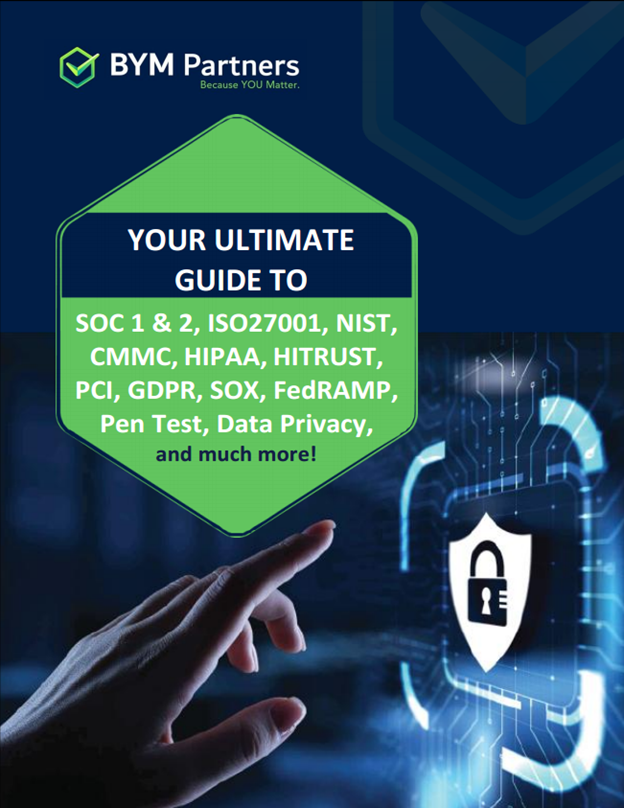Achieving CMMC compliance can be challenging, but with BYM Partners’s expert guidance, the process becomes seamless. As a trusted advisory firm with extensive experience in cybersecurity and defense contracting, we simplify the Cybersecurity Maturity Model Certification (CMMC) journey.
Our comprehensive CMMC consulting services include gap analysis, full implementation, and ongoing support to ensure compliance with Department of Defense (DoD) standards. With our expert consultants by your side, you’ll not only meet regulatory requirements but also unlock new government contracting opportunities with confidence.
Service Offering: Assess business processes and data flows, defining the scope of CMMC compliance requirements.
Key Benefits: Sets the foundation for compliance while aligning processes for current and future government work.
Service Offering: Conduct a thorough analysis against the 800-171 baseline (Level 2) or Level 1 requirements, identifying gaps and potential vulnerabilities.
Key Benefits: Provides a clear roadmap to secure contracts and strengthen your position in government sectors.
Service Offering: Implement required controls with security architecture and engineering support.
Key Benefits: Ensures full compliance to keep your business competitive and eligible for contracts.
Service Offering: Ongoing virtual CISO services for continuous compliance.
Key Benefits: Maintains audit-readiness, reduces risk, and supports future government projects.

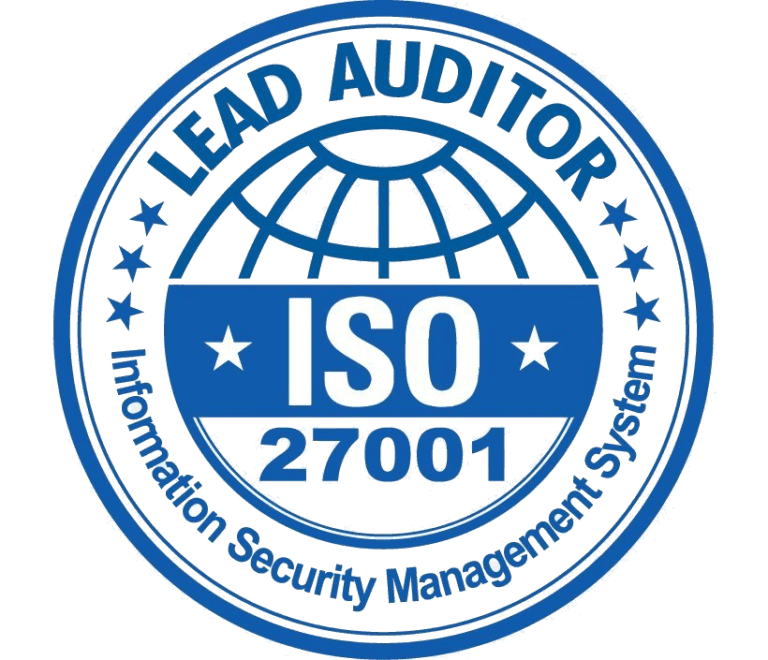
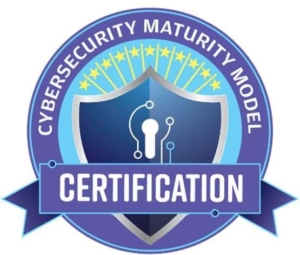

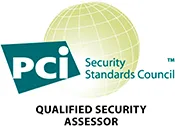

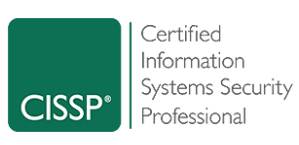
Email info@bympartners.com or speak with a BYM Partners expert.
The DoD works with a network of tens of thousands of private companies that collectively make up the defense industrial base (DIB). These companies handle sensitive government information, and if that data falls into the wrong hands, it could threaten national security. To mitigate this risk, CMMC was developed to ensure all DoD contractors follow cybersecurity best practices based on the level of risk their work involves.
CMMC was specifically designed to protect two types of sensitive information:
By enforcing cybersecurity maturity across the DIB, CMMC ensures that companies working with the U.S. military take cybersecurity seriously.
A CMMC consultant is an expert who specializes in guiding organizations through the process of achieving CMMC compliance. They provide services such as readiness assessments, gap analysis, and remediation planning to ensure that contractors meet the required security framework standards and are prepared for an official CMMC audit.
No, while the two are related, NIST 800-171 and CMMC are not the same. NIST 800-171 is a voluntary framework outline cybersecurity best practices for protecting CUI. CMMC uses NIST 800-171 as a baseline, building the best practices and additional requirements into a tiered maturity model. CMMC also requires third-party assessments by a Certified Third-Party Assessor Organization (C3PAO) to ensure compliance.
The CMMC framework establishes three levels of compliance, each incorporating security requirements from existing regulations and guidelines:
We’re here to help you! Email us at info@BYMpartners.com or fill out the below form

BYM stands for ‘Because YOU Matter.” BYM Partners, LLP offer more than just a service. You gain a trusted partner committed to achieving security and compliance faster, more effective, and stress-free — Because YOU Matter.
© 2025 All Rights Reserved. BYM Partners, LLP
